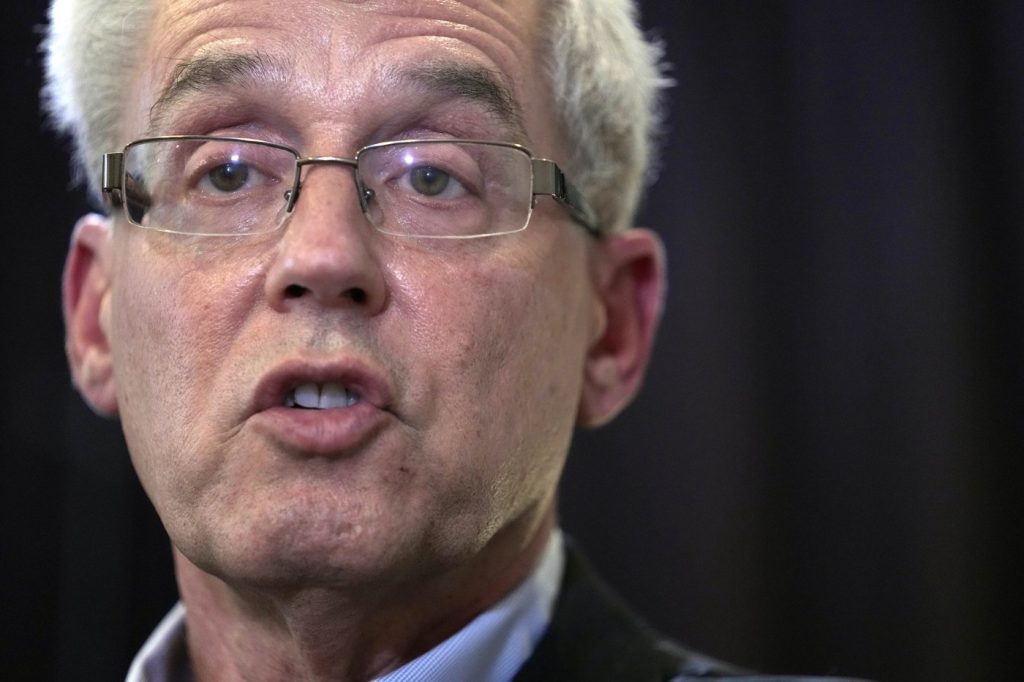TOKYO (AP) — The conviction of Greg Kelly, a former executive at Nissan Motor Corp, was upheld by a Japanese appeals court on Tuesday. Kelly was found guilty of aiding Carlos Ghosn, the former Chairman of Nissan, in hiding income. The court also dismissed prosecutors' efforts to overturn Kelly's acquittals concerning other charges, sustaining his conviction related to just one of the eight years for which he was accused of under-reporting Ghosn's income.
In 2022, Kelly received a suspended sentence of six months, which will not be enforced for three years, allowing him to return to his home in Tennessee. Despite the court's decision, Kelly did not attend the recent hearing. His lawyer, Yoichi Kitamura, has indicated plans to appeal the ruling to the Japanese Supreme Court.
Prosecutors had sought to annul the acquittals regarding the other seven years of income reporting but declined to provide further comments following the court's ruling. Both the prosecution and the defense have 15 days to file additional appeals, prolonging the ongoing legal battle that has lasted six years concerning the alleged misconduct related to Ghosn's compensation.
Carlos Ghosn, who significantly contributed to Nissan's turnaround after extensive experience with its alliance partner, Renault, became a prominent figure in the automotive industry. Initially celebrated as a business genius, Ghosn's tenure at Nissan ended in controversy related to disagreements over management practices within the traditionally conservative Japanese company.
Following a significant pay cut from the company’s board, Ghosn is accused, along with Kelly and other officials, of conspiring to secure secret agreements that would promise future compensation. Both Ghosn and Kelly were arrested in late 2018 during coordinated efforts while they were in Japan for corporate meetings. Ghosn faced serious charges, including underreporting his income and breach of trust. However, he managed to escape to Lebanon in December 2019 while out on bail, hiding in an instrument case transported by two Americans who were later extradited from the United States and received nearly two years’ imprisonment in Japan.
Ghosn has maintained his innocence, and due to Lebanon's lack of an extradition agreement with Japan, the likelihood of him facing trial remains low. Throughout the trials, Kelly has insisted that his actions were in the company's interest, arguing that the matter should have been resolved internally rather than through the legal system.
In addition to the criminal proceedings, Kelly is dealing with a civil lawsuit filed by Nissan, which claims damages amounting to 4 billion yen (approximately $26 million). Although Nissan has acknowledged the ongoing nature of the lawsuit, they have refrained from providing any further comments.
Amidst these legal troubles, Nissan is currently facing financial struggles, reporting losses in recent quarters due to declining sales. The company is pursuing talks with rival Honda Motor Co. to explore the possibility of integrating their operations via a joint holding company—an initiative that reflects the complex dynamics of international business partnerships, which have been challenged in Japan’s traditional corporate culture.
Notably, Japan has a low acquittal rate in criminal cases, with less than 1% of cases resulting in verdicts of innocence, according to the Japan Federation of Bar Associations. The Ghosn saga has underscored the complexities inherent in cross-border corporate governance and legal accountability.










